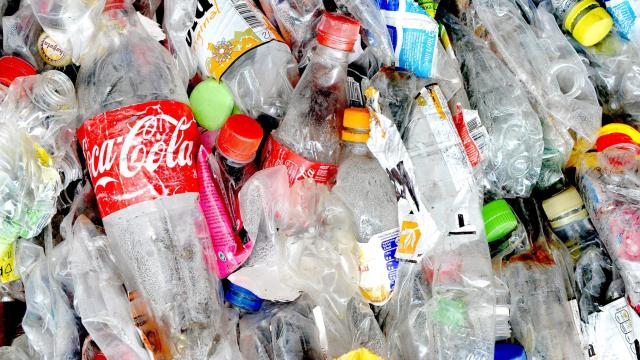If plastic was a country, it would be the world’s fifth-largest greenhouse gas emitter. And the industry’s footprint could grow further, doubling by 2040.
Consumer corporations are driving this crisis. Many have worked behind the scenes and hand-in-hand with fossil fuel companies to defeat initiatives that would have held them responsible for their waste. Instead, they continue to perpetuate false solutions. Given that plastics last so long that they exist outside of the human perception of time, what these companies are producing now will stick around on the planet long after they’re gone.
It can be difficult to get a handle on which corporations are responsible for what plastic pollution; some companies disclose some information about how much they produce, while others are black boxes. There are almost no government mandates for companies to report or clean up their branded trash anywhere in the world. But accountability is the first step to stopping the cycle of plastic overproduction.
The recently released annual brand audit from Break Free From Plastic, an international organisation that seeks to form a movement to end plastic production and use, has helped identify the biggest plastic miscreants. To perform the audit, Break Free From Plastic used more than 11,000 volunteers in 45 countries to sort through plastic trash during cleanup or collection efforts, logging the brands they found in the 330,493 pieces of trash collected to get a representative sense of just whose plastic is clogging the world. Here are some of the most common polluters they found. (Earther reached out to each polluter and have included comments if they responded.)
Coca-Cola
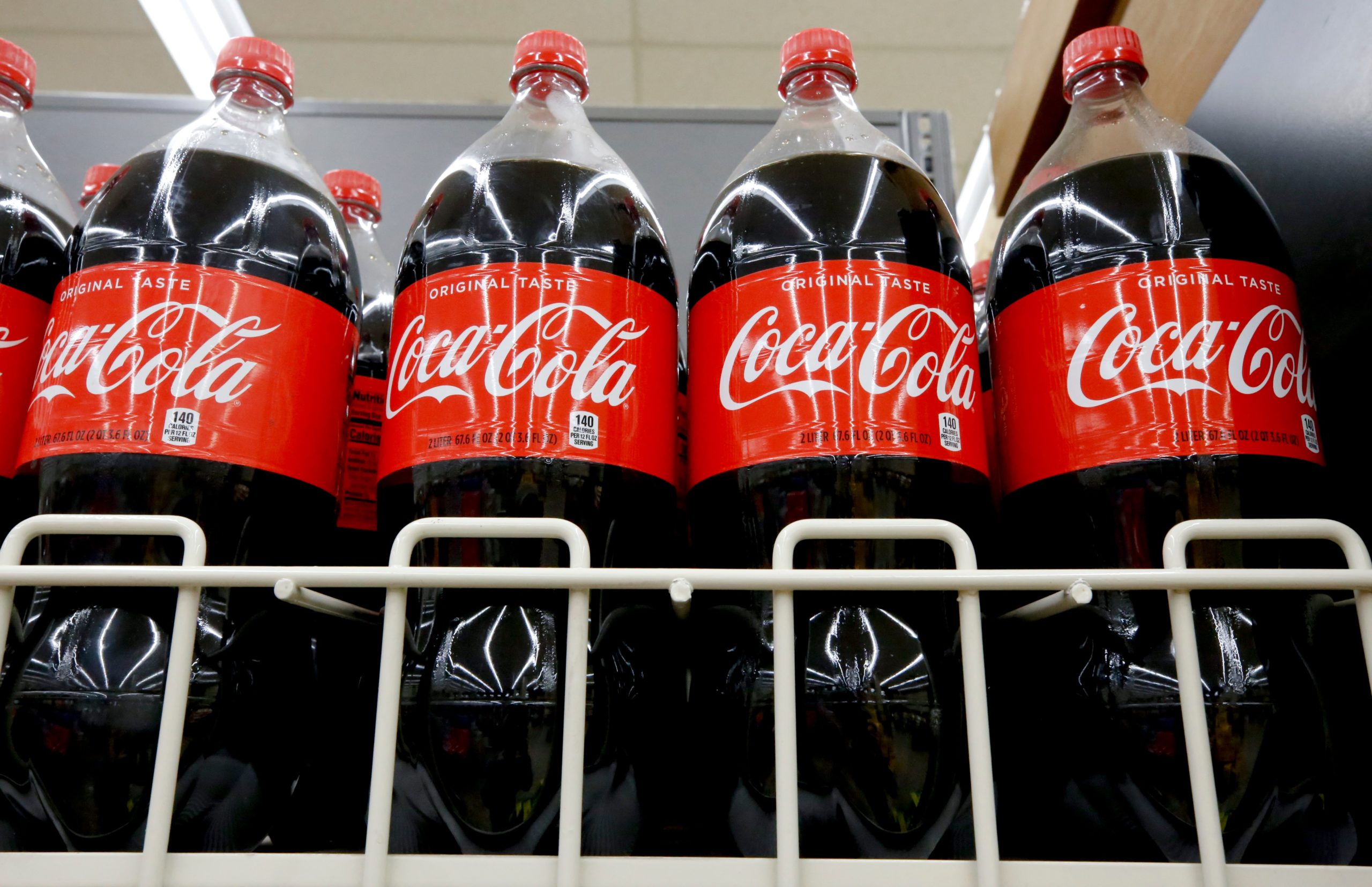
The first company on this list shouldn’t be a surprise. Coca-Cola is a particularly prolific polluter, producing 3.3 million tons of plastic packaging each year. In Break Free from Plastic’s audit, more than 19,800 pieces of Coke-branded plastic were logged in 39 countries. This is more plastic than the next four top polluting companies combined. The company has also said that it has no plans to stop using single-use plastic.
In an emailed statement, a representative from Coca-Cola ran down some of the company’s sustainability goals, including its progress on selling refillable bottles and using recycled plastic. “We don’t want to see any of our packaging end up where it shouldn’t which is why we aim to collect and recycle a bottle or can — regardless of where it comes from — for every one we sell by 2030 globally,” the email said. (Some of those clean-up efforts Coca-Cola has sponsored have issues of their own.)
PepsiCo
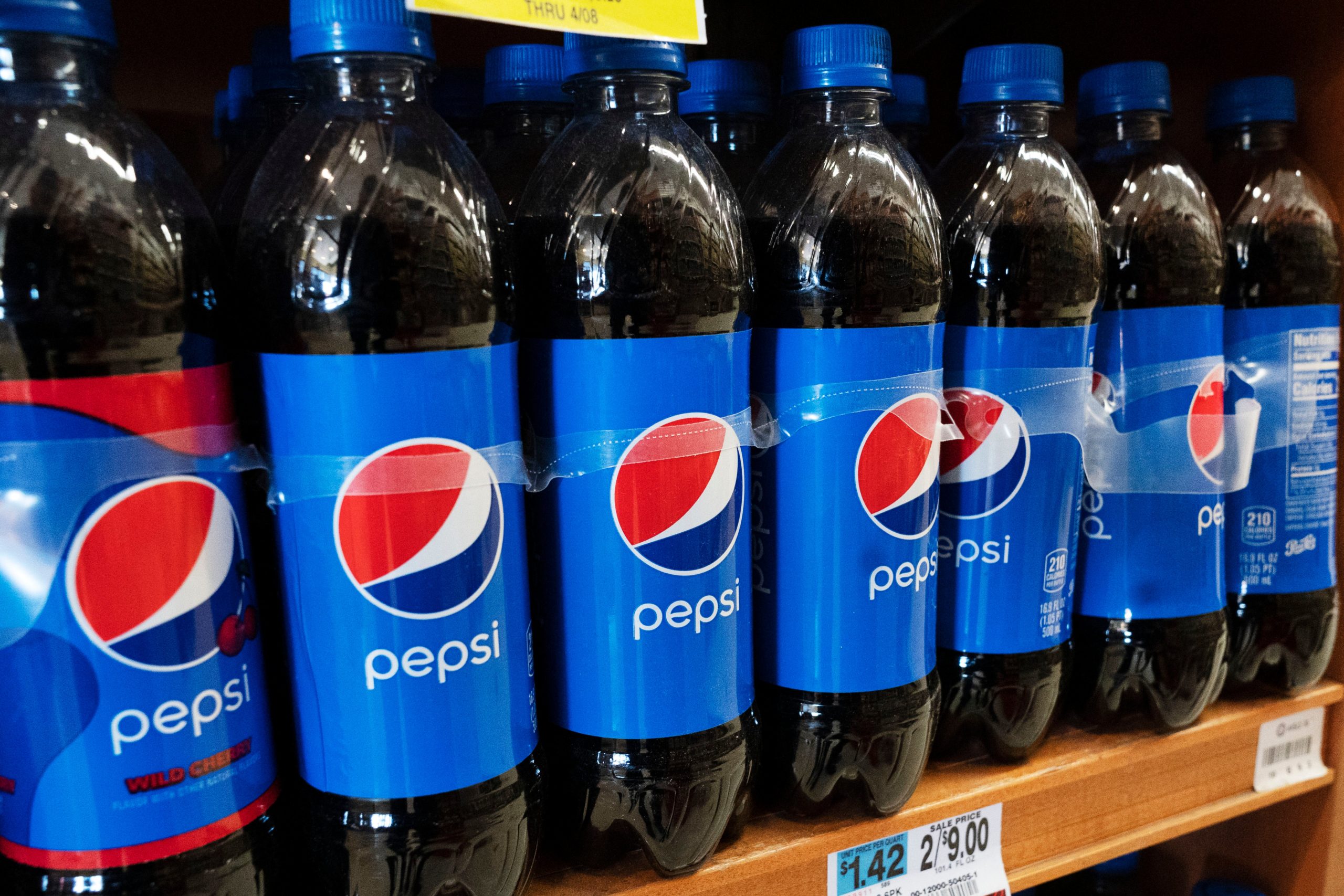
Even though Coca-Cola’s numbers are astronomical, that doesn’t mean competitor PepsiCo is a saint. The company came in second for its prolific plastic pollution. Pepsi-branded plastic, which includes beverage bottles as well as packaging from brands Pepsi owns like Lay’s and Doritos, appeared in 35 of the countries audited. One Greenpeace estimate put Pepsi’s plastic use at more than 2.5 million tons each year. It and Coca-Cola have been the top two polluters each year that Break Free From Plastic has conducted its analysis.
Unilever
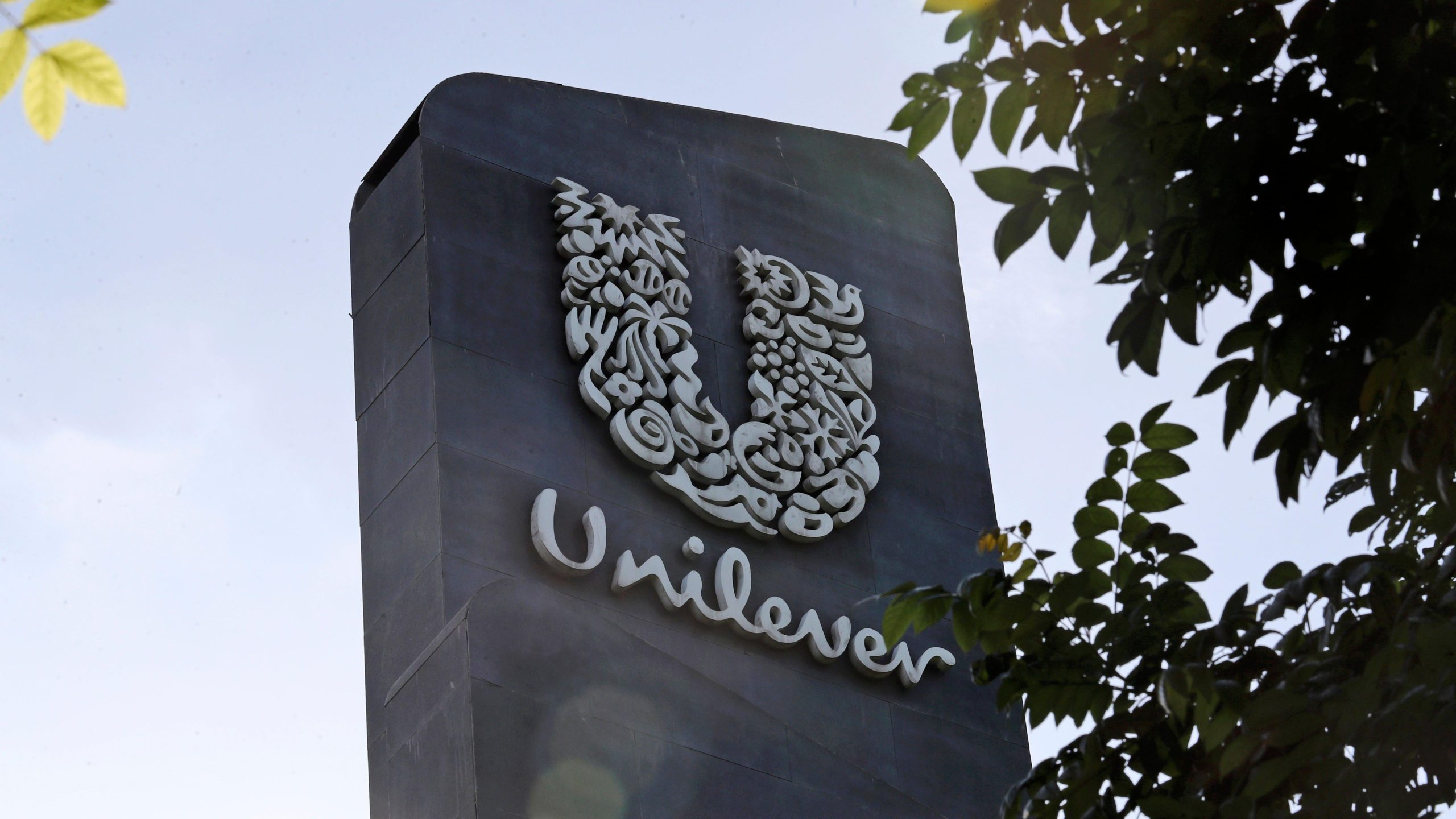
It’s not just purveyors of sugary beverages fouling up the planet. Consumer giant Unilever rounds out Break Free From Plastic’s top three, moving up two spots from the 2020 report. More than 6,000 pieces of Unilever-branded plastic were logged in 30 countries by the group’s volunteers.
Unilever’s products are everywhere. Among the brands it owns are Dove and Helmann’s. More depressingly, the company’s portfolio also includes brands that have an eco-friendly sheen like Ben and Jerry’s and Seventh Generation. Even more depressingly, Unilever was also a primary sponsor of the United Nations climate meeting in Glasgow.
“Unilever is fully committed to keeping plastic out of the environment,” a spokesperson said in an email. “From developing innovative ways to reduce the amount of plastic we use, such as scaling reusable and refillable formats, to creating new packaging innovations, we are determined to tackle the causes of plastic waste.”
Nestlé
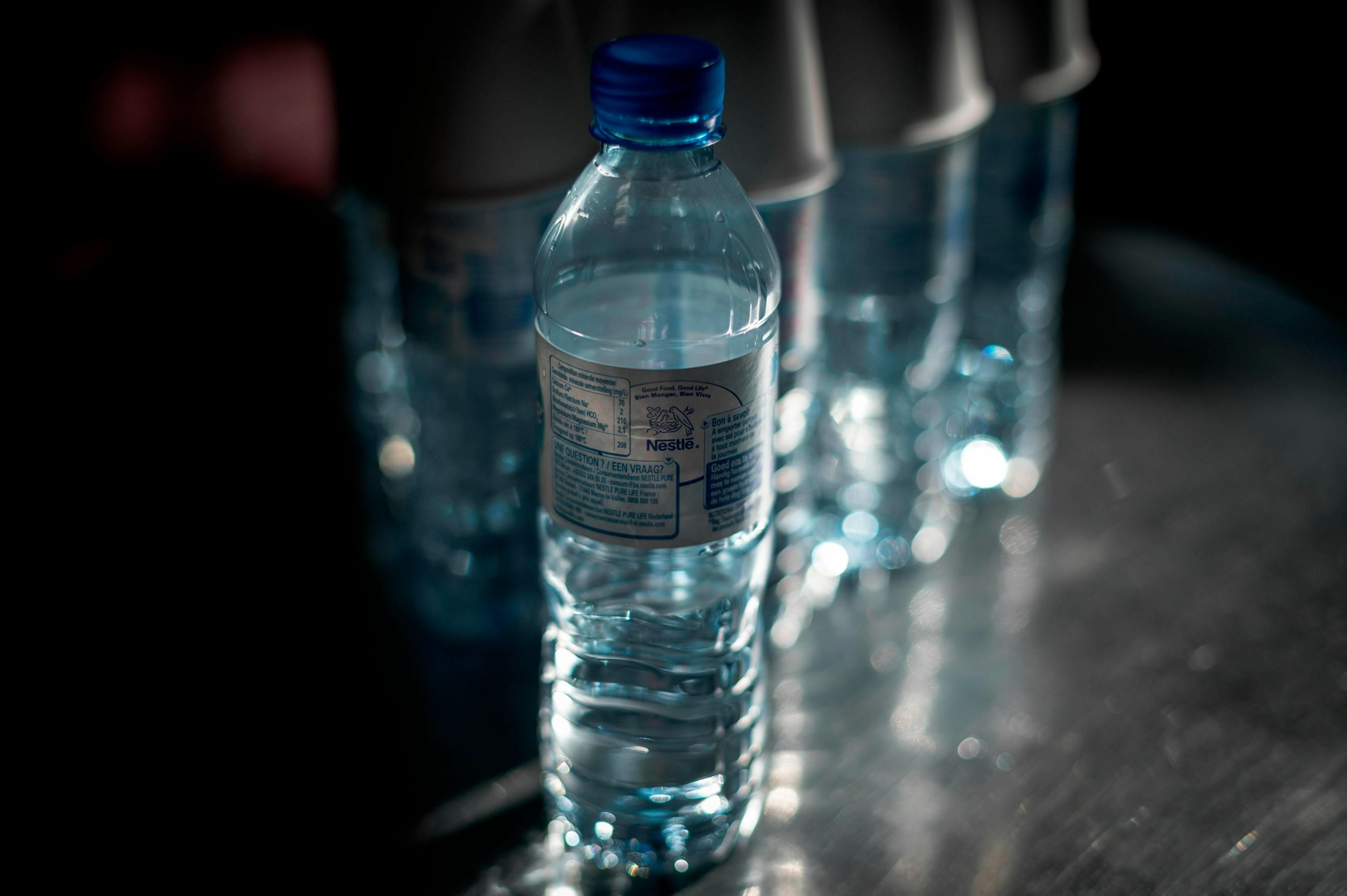
Food giant Nestlé comes in fourth, with more than 4,000 pieces of plastic recovered in 30 countries. The company disclosed in a 2019 report with the Ellen MacArthur Foundation that it produced more than 1.8 million tons of plastic each year.
These giant consumer goods companies aren’t acting in a vacuum: Plastic is a petrochemical product, and Big Oil isn’t missing a chance to cash in on all this demand. A report issued by Greenpeace this year examined the supply chains of the world’s most prolific plastic producers, finding that nearly every company on Break Free from Plastic’s top 10 list purchase plastics from suppliers who buy their stock from major oil companies.
As an example, Nestlé (along with Coca-Cola and Pepsi) purchases some of its plastic from a Thai company called Indorama, which buys its supplies from companies like Chevron, ExxonMobil, Phillips, and Shell. Indorama has claimed that 1 in 5 bottles in the world made of polyethylene terephthalate, or PET — a plastic commonly used for bottled water and soft drinks — are made with its plastics.
In an emailed statement, a Nestlé spokesperson provided links to the company’s efforts to tackle plastic waste and create reusable products. “We need to work together and are also engaging consumers in our efforts,” the email said. “We are finding ways to fundamentally change the way consumers receive and enjoy our products.”
Procter & Gamble
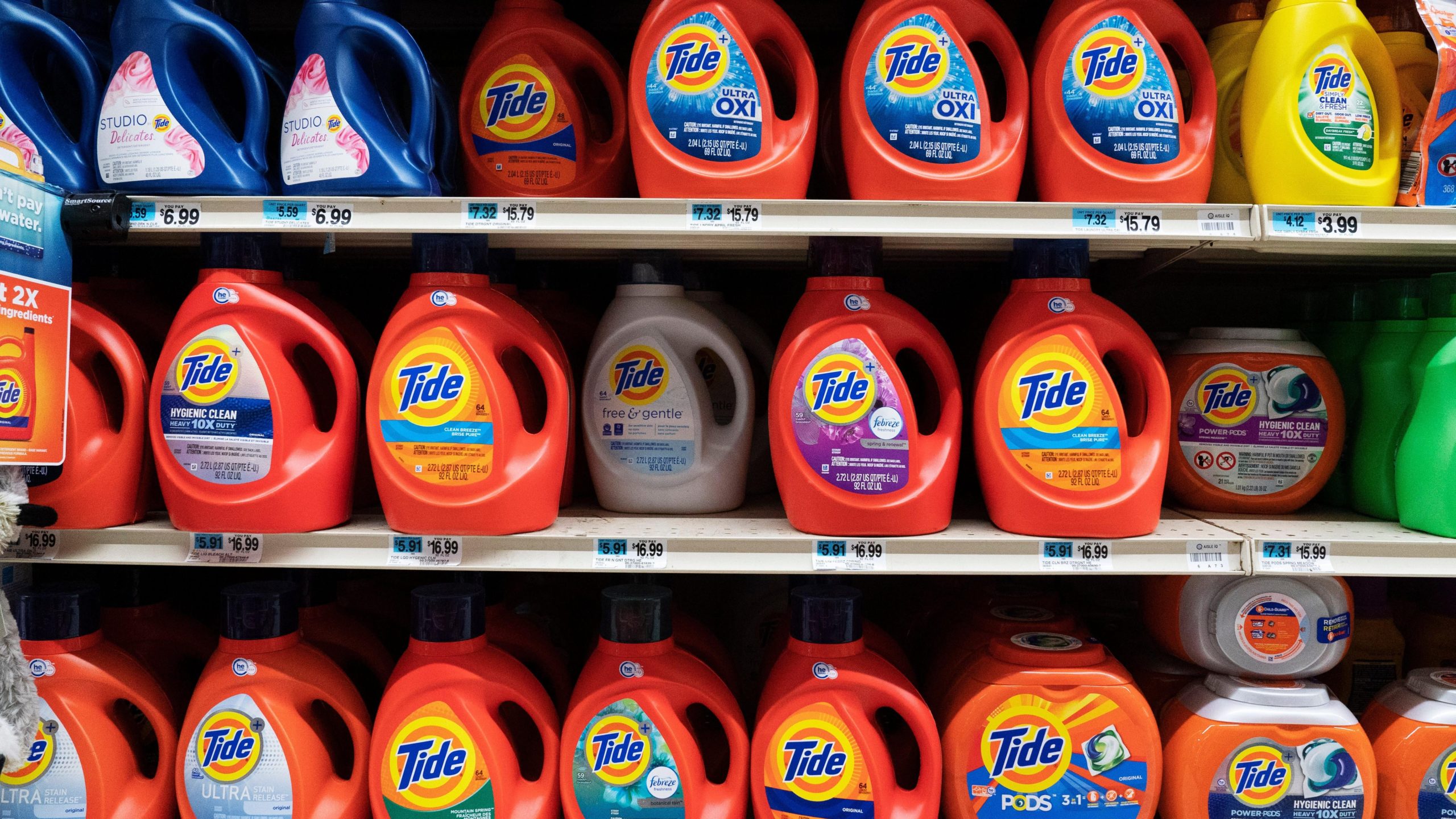
Procter & Gamble is in the number five slot. The huge company owns a variety of personal care and cleaning brands like Downy, Tide, Tampax, Crest, Charmin, and Gillette. Volunteers found nearly 2,000 pieces of plastic from 30 countries tied to Proctor & Gamble brands.
Companies like Procter & Gamble have a history of lobbying to keep polluting corporations free from blame for plastic waste. Procter & Gamble was involved with a trade group known as the Council for Solid Waste Solutions, which pushed hard to promote recycling at the consumer level — an idea the industry knew wouldn’t work at the scale needed — in order to deflect criticism away from the businesses producing plastic trash. The company was involved in meetings with other polluters like Exxon, Chevron, and Dow Chemical, where they all discussed how to use recycling to keep plastic’s image clean.
Mondelez International
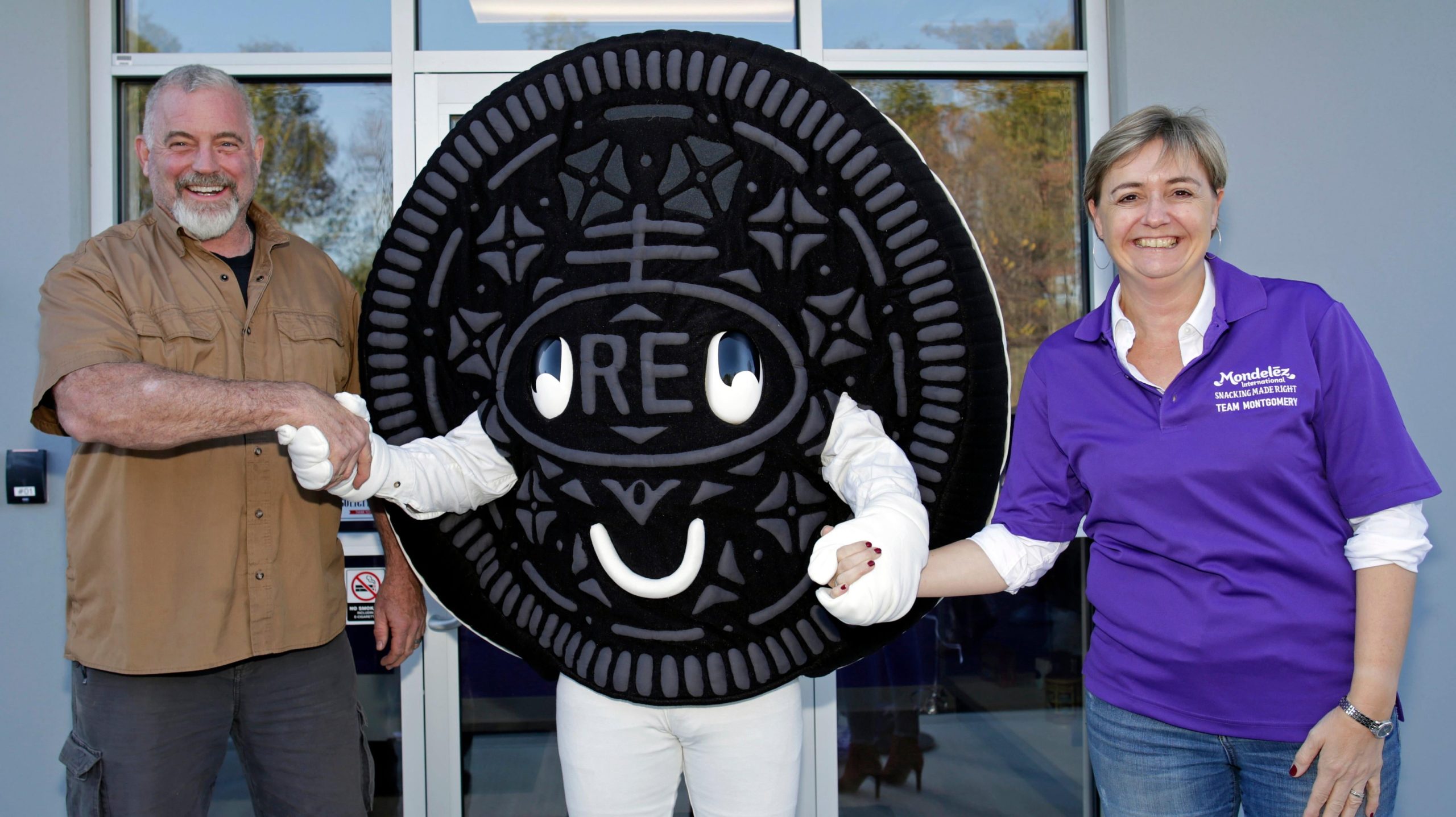
The name Mondelez might not be as recognisable as Coca-Cola, but its products are almost certainly in your cupboard, fridge, or local vending machine. The Chicago-based company, which was spun off of Kraft Foods in 2012, owns Oreo and Chips Ahoy chips; Philadelphia cream cheese (OK, this one’s not everywhere currently); Ritz, Wheat Thin, and Triscuit crackers; Sour Patch Kids and Toblerone candy; and Halls cough syrup, among others.
Big polluters like Mondelez know they need to show the public they are cleaning up their act. Many of the companies on this list have joined various cleanup consortiums and plastic reduction initiatives, including the New Plastics Economy Global Commitment, a high-profile project run jointly by the Ellen MacArthur Foundation and the UN Environment Program. However, some of these reduction goals are incredibly minimal; Mondelez, for instance, has set a target of reducing just 5% of its overall virgin plastic by 2025.
When asked for comment, a Mondelez spokesperson sent a press release on the company’s recent involvement in an investment fund dedicated to cleaning up ocean plastic.
Philip Morris International
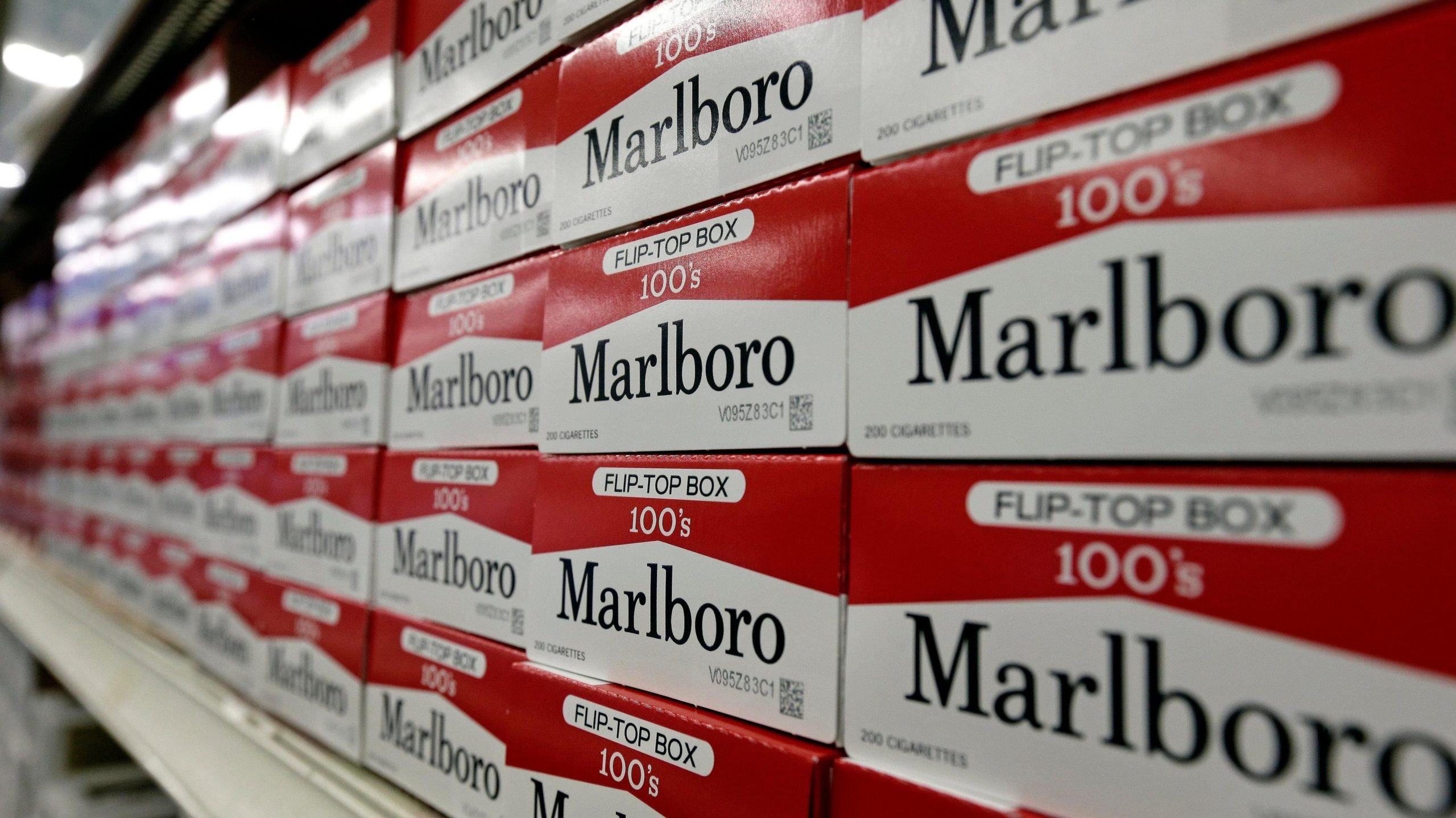
From one scourge to another: Smoking also helps drive plastic waste. Tobacco giant Philip Morris International owns many of the world’s most recognisable cigarette brands and ranks seventh on Break Free From Plastic’s list. Volunteers scooped up more than 1,500 pieces of plastic from Philip Morris brands like Marlboro and Parliament in 26 different countries.
“Plastic litter is a major global issue and cigarette butt littering adds to it,” a Philip Morris International spokesperson said in an email, adding that the company has “committed to a smoke-free future by completely ending sales of combusted cigarettes.” (That means getting people into vaping products, which isn’t exactly plastic-free.). The spokesperson also shared the company’s anti-pollution campaign (called, incredibly, “Our World Is Not An Ashtray”) which was designed to “raise awareness and drive a long-term change in behaviour and attitudes around cigarette butt littering.”
Danone
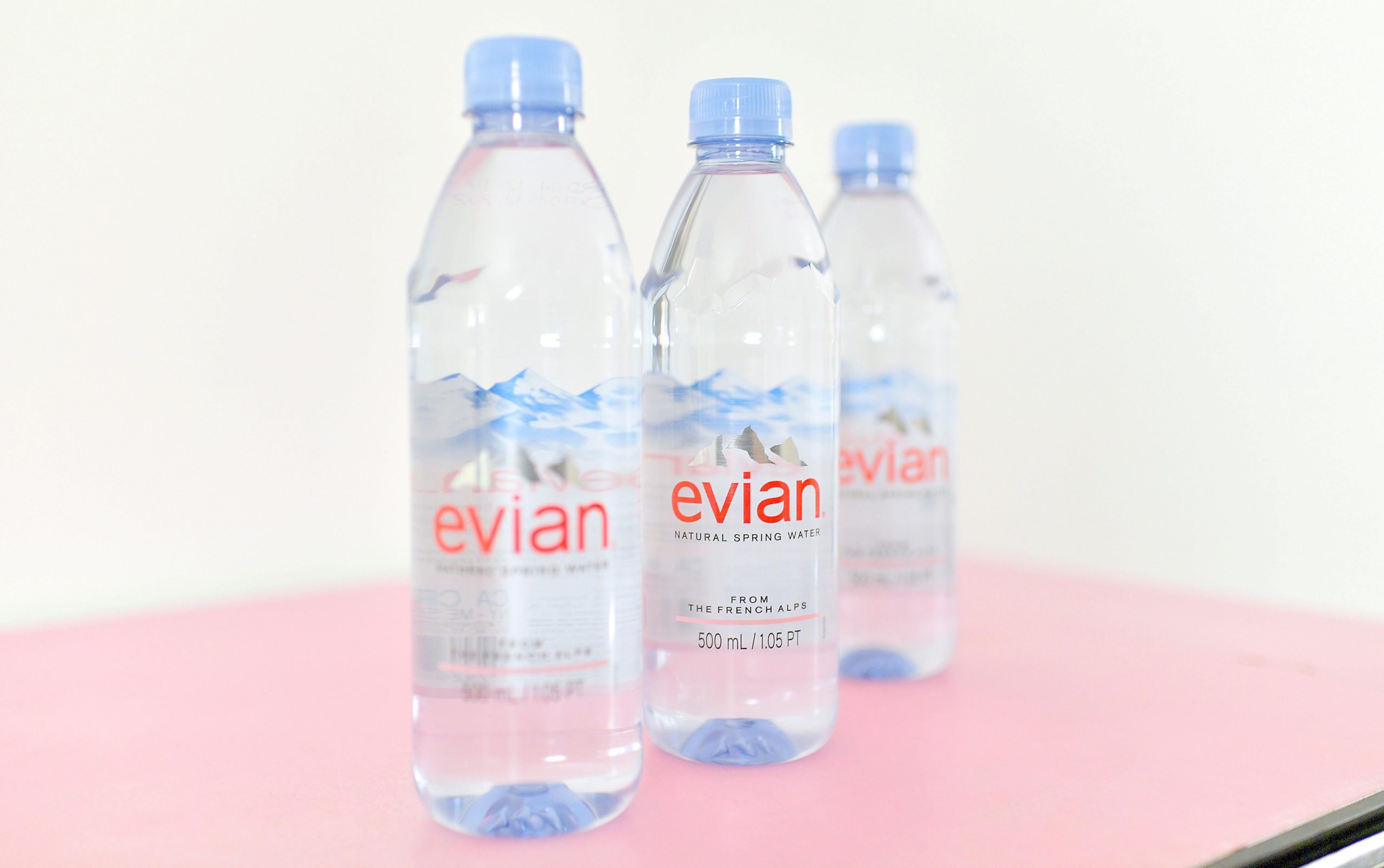
Paris-based Danone comes in eighth on the report; volunteers logged 3,223 pieces of plastic in 25 countries from Danone brands. Among its products encased in plastic, the company sells Silk milk alternatives, Dannon yogurt, Evian, and a slew of other bottled water brands.
Part of the issue with reporting on plastic waste is transparency: While some companies on this list disclose how much plastic they use, others stay mum. Danone is one that has come clean about how much it produces — and it’s a lot. In 2019, Danone said in a report with the Ellen MacArthur Foundation that it produces more than 826,000 tons of plastic each year.
Mars, Inc.
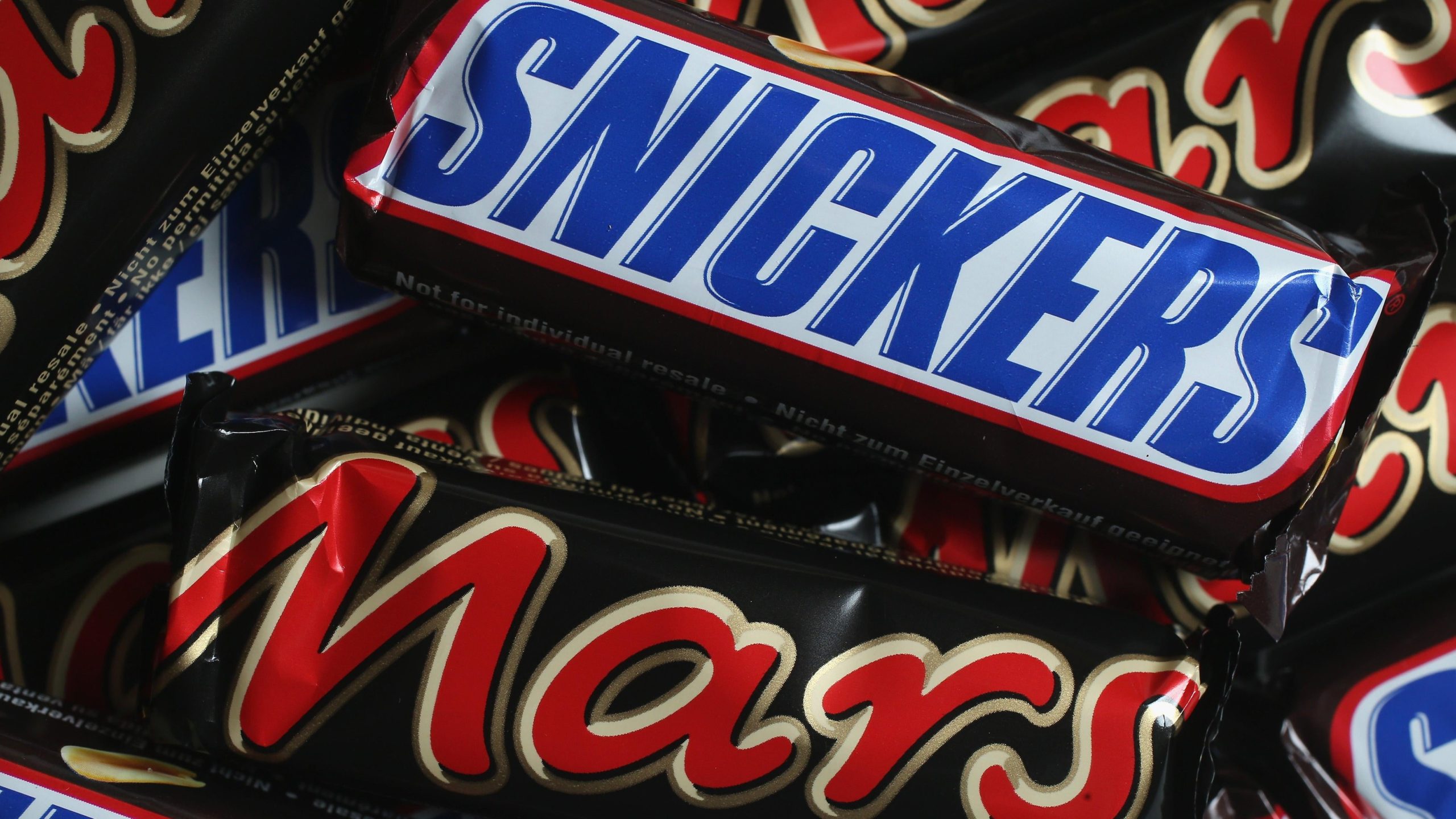
Mars, which owns brands like M&Ms, Wrigley’s gum, and Snickers, came in ninth on the report; volunteers found nearly 1,000 pieces of plastic in 24 countries.
The company recently committed to lowering its carbon emissions to net zero, a term that’s become commonplace in the corporate world. The idea is that companies will reduce emissions and offset whatever they can’t. A Mars spokesperson said its “commitment does include packaging production as well as end of life of packaging.” But net zero emissions isn’t necessarily a substitute for actual zero. Offsetting plastic emissions also doesn’t necessarily mean reducing waste to zero either.
Colgate-Palmolive
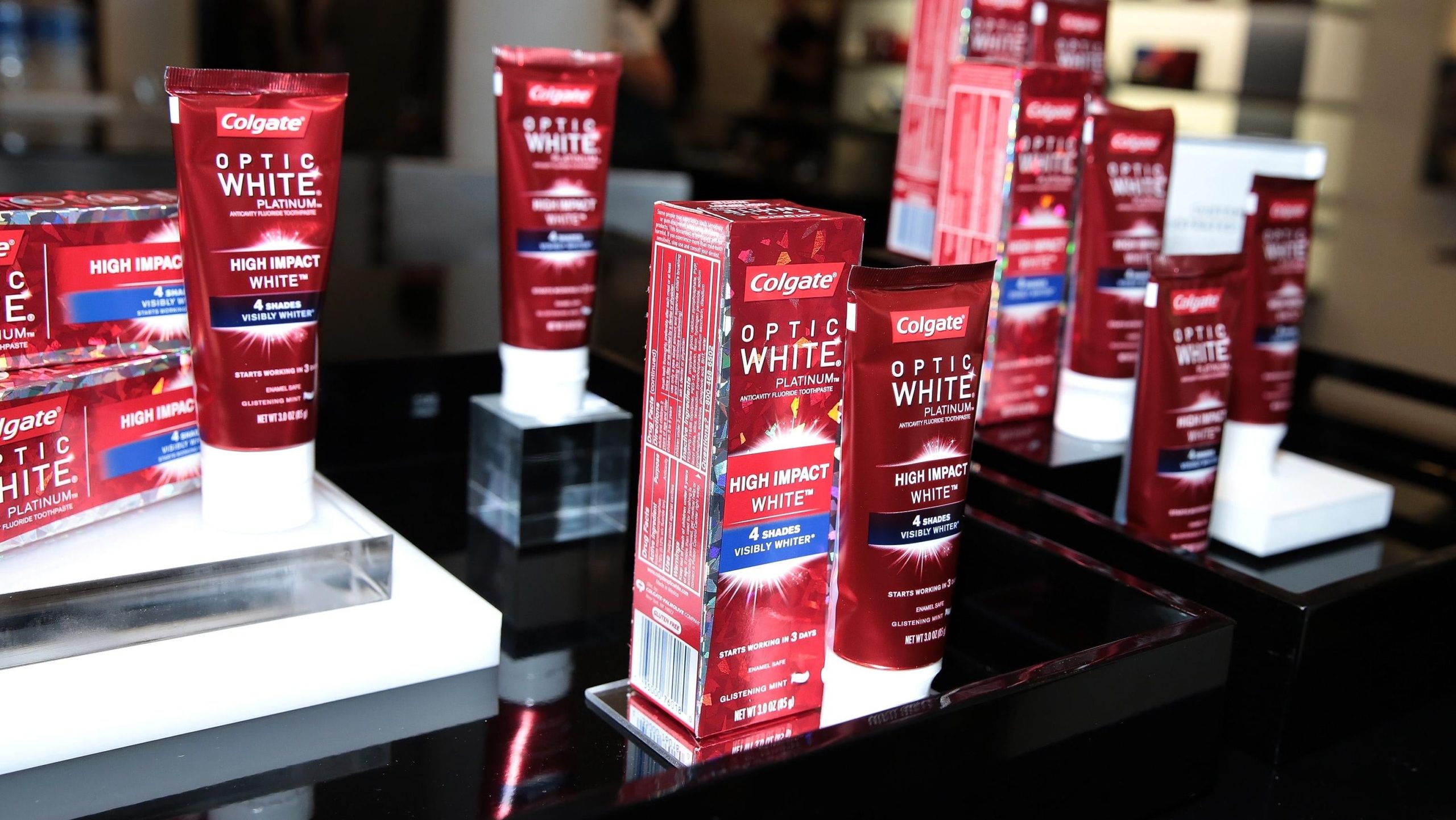
Rounding out the top 10 is consumer products giant Colgate-Palmolive; volunteers picked up 941 pieces of branded trash in 22 countries. Last year, with a bigger cohort of volunteers that picked up 5,991 pieces of Colgate-Palmolive-branded trash, the company still only ranked ninth on the list. So, uh, good job I guess?
The company’s brands include Colgate and Palmolive, of course, as well as Ajax and pet food company Science Diet. Tom’s of Maine, another seemingly Earth-friendly brand, is on the list, too.
